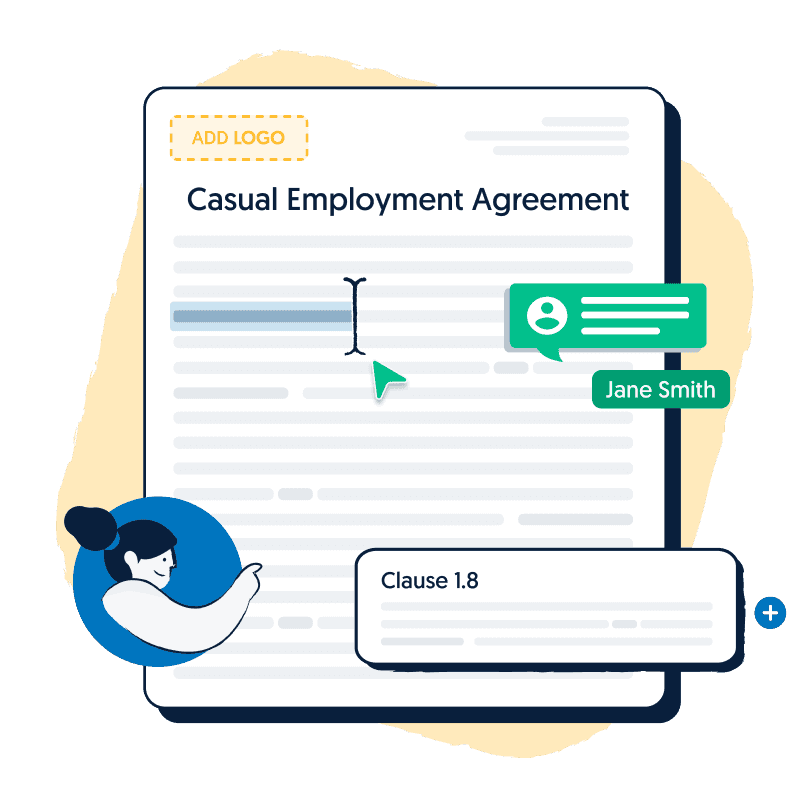Sydney-based lawyer. Formerly Legal Intern at Lawpath.
There are many different reasons an employee might be absent from work. Each reason will relate to different workplace laws. This makes managing employee absenteeism complicated for employers. In this article, we’ll explain what jury duty is and what it involves for employers.
What is Jury Duty?
A jury consists of people randomly selected from the community. They observe a criminal trial and determine the guilt or innocence of the person on trial. Jury duty requires you to serve as one of the members on a jury.
Who is Exempt from Jury Duty?
Generally, if you are eligible to vote in elections in Australia you are eligible for jury duty. That said, there are a few exempt groups of people. People who may be exempt from service are:
- Members of Parliament;
- Judges or other judicial officers;
- Legal practitioners who hold a practising certificate under state or territory law;
- Anyone whose work relates to the investigation of crime;
- People whose work relates to the administration of justice;
- Anyone whose work relates to the punishment of offenders; and
- People whose work relates to public administration or emergency services.
What Happens if I am Summoned for Jury Duty?
The court summons a person for jury duty by sending a ‘summons’ in the mail. This usually arrives around one month before your reporting date so you can make appropriate arrangements with your family and employer. A ‘summons’ is a legal document with all the relevant details of your service. It will include details such as which court you are to report to and when you are to report there. Additionally, it may or may not give you an estimated length of the trial you have been selected for.
If you receive a summons you must comply with it. This will see you report to the relevant court for jury duty on the appropriate time. Whether you will be required to serve on a jury is entirely based on the needs of the court. It is important to consider that only 1 in 10 people summoned for jury duty end up serving on a jury.
What are the Implications for Employers?
Full-time and Part-time Employees
The law requires that employers must release employees for jury duty. Additionally, employers cannot:
- Force an employee to take leave for jury service;
- Dismiss or alter an employee’s position as a result of their service;
- Ask an employee to work on any day they are serving as a juror; or
- Ask an employee to do any additional hours or work to make up for time lost as a result of jury service.

Get your Casual Employment Agreement now for free.
Hire casual employees in any industry. This Employment Agreement (Casual) is essential when hiring new employees for your business.
Employees are entitled to receive make-up pay if selected for jury duty. They are only entitled to this for the first 10 days of their jury service. Make-up pay is the difference between any jury duty payment the employee receives from the court (excluding expense-related allowances) and the employee’s base pay rate for the ordinary hours they would have worked.
Before making payment an employer may request for evidence of the employee taking necessary steps to receive jury pay and the amount of the payment received. An employee isn’t entitled to receive pay from their employer if they can’t provide evidence.
Casual
Federal law does not entitle casual employees to pay from employers during jury service. Different rates of pay from the court exist for service. This exists on a state basis.
Summary
In summary, only 1 in 10 of those summoned for jury duty end up serving as jurors. However, employers must let employees report for service if they are summoned. Additionally, employers must only pay the difference between an employee’s pay and the amount they receive from the court for the first 10 days of their service.

Get a fixed-fee quote from Australia's largest lawyer marketplace.






